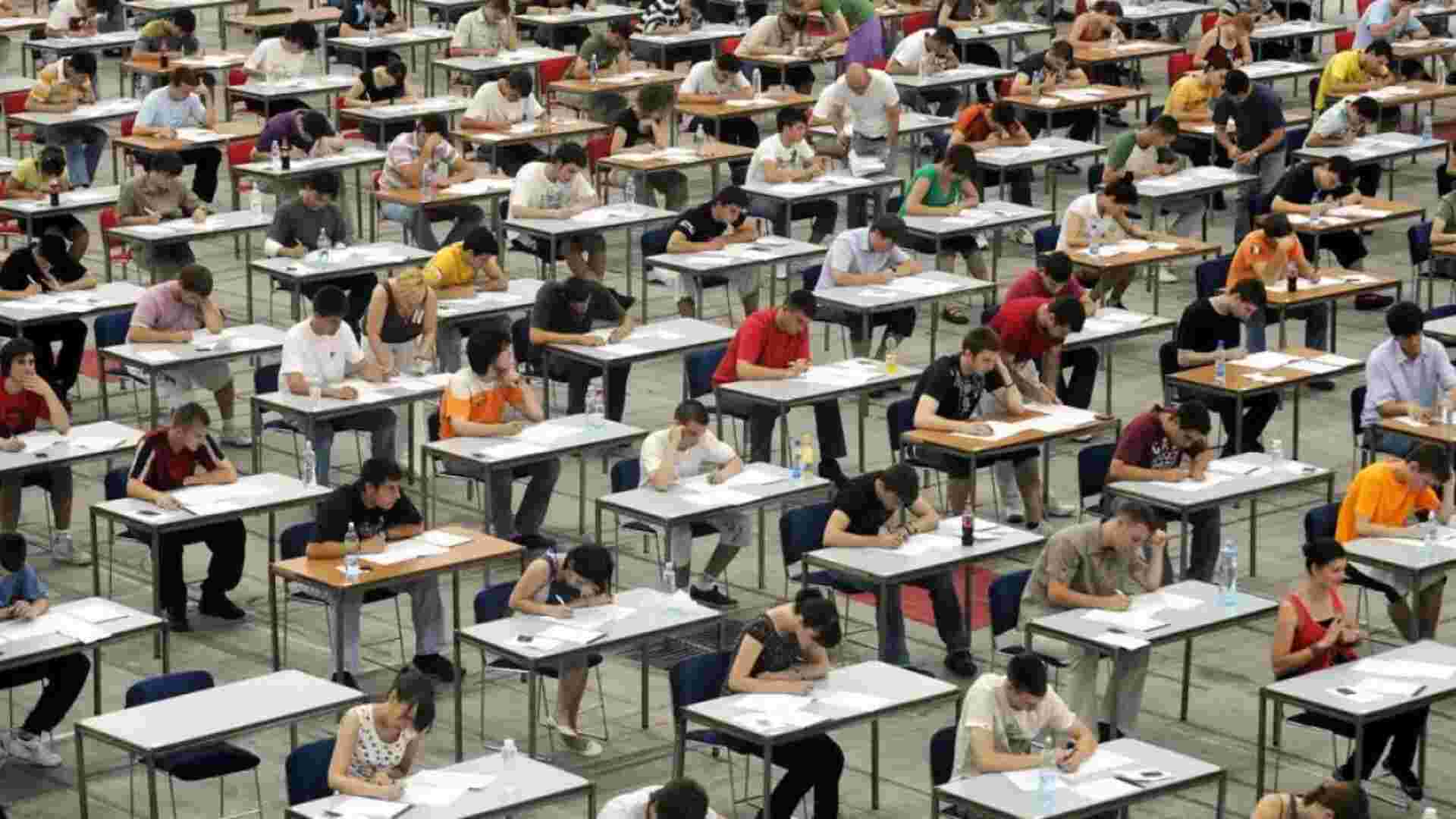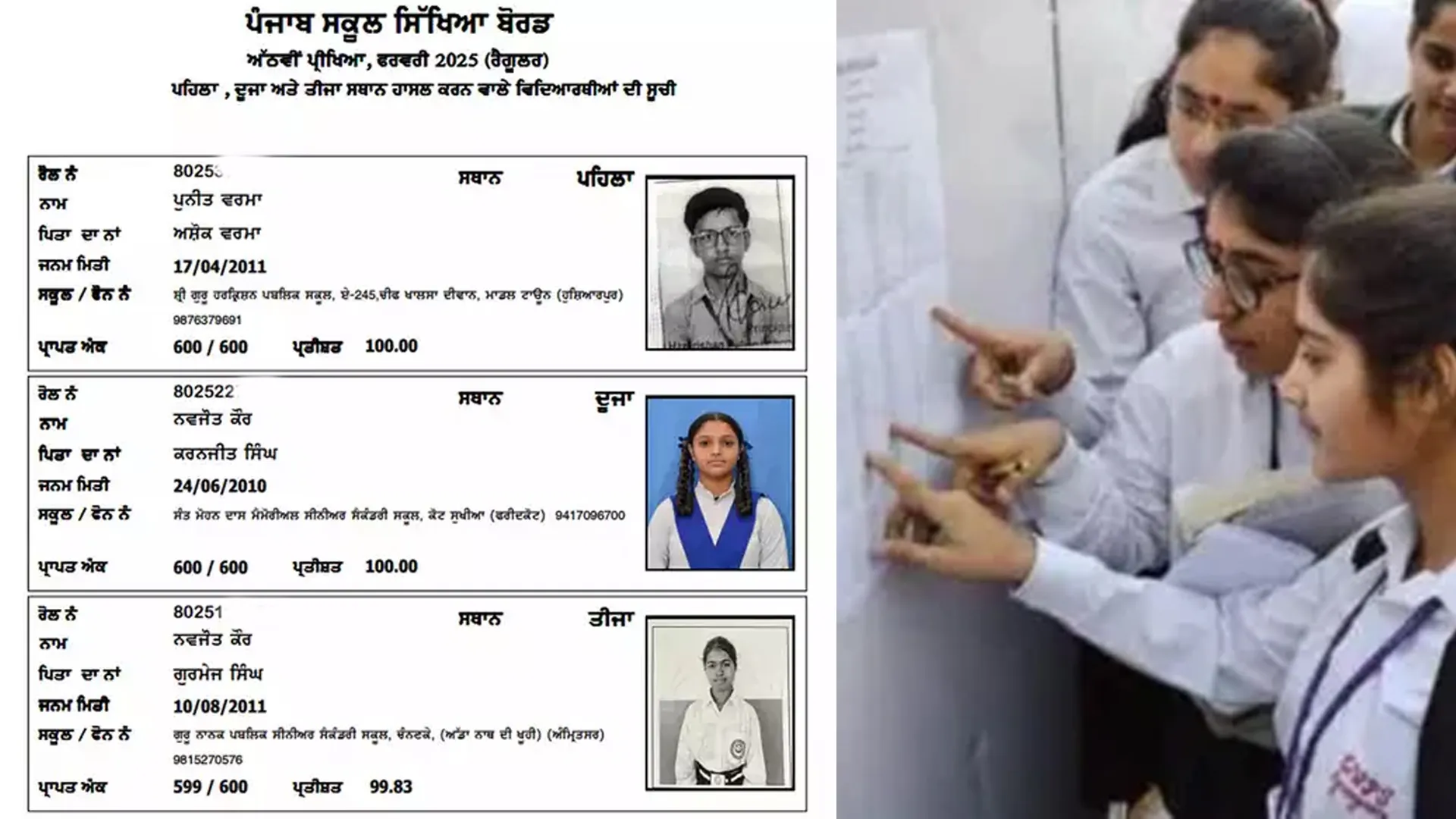This year, 13 million Chinese teenagers took the gaokao, a rigorous college entrance exam lasting two to four days, with a significant impact on their future paths.
Gaokao Exam
China’s first unified matriculation exam, held in 1952, was suspended during the Cultural Revolution, causing a decline in educational standards and a shortage of skilled professionals. It was reinstated by Deng Xiaoping in 1977, operating on a merit-based system that supported China’s economic reforms.
Since then, the gaokao has facilitated about 140 million students’ entry into higher education, playing a pivotal role in China’s economic development from 1977 to 2021.
In June 2015, a journalist uncovered a gaokao scam in Jiangxi province, where impostors took exams for others. The journalist suggested stricter tech measures against cheating but emphasized the need to prevent collusion between gangs and exam officials, who enable fake candidates. Tight supervision during exams is also vital to block impostors from entering halls.
In 2014, authorities in Henan found that 127 candidates had paid others to take the gaokao for them. Investigation showed a criminal agency bribed exam supervisors and used college students from Wuhan to take the exam. This incident emphasized the importance of individual vigilance in preventing gaokao cheating, rather than relying solely on advanced technology.
China’s Ongoing Gaokao Reform
The Gaokao, China’s National College Entrance Examination, is known for its strict anti-corruption measures and fairness commitment. Despite its importance, some students may use dishonest methods to achieve high scores.
Students need biometric checks like fingerprint and facial recognition for entry into exam halls to prevent impersonation. Surveillance cameras watch for cheating, and electronic jammers in some centers block unauthorized signals to prevent cheating with electronic devices.
Exam papers are securely handled with police escort, high-tech security like facial recognition, and drones to prevent fraud. Sealed until the exam, cheating results in bans, criminal charges, and fines for students, parents, and staff, deterring corruption.
The Gaokao is carefully administered, with vigilant invigilators ensuring exam integrity. Random seating on exam day prevents pre-planned collusion and cheating.
The grading process is transparent and fair, with multiple review stages for accuracy and impartiality. Guidelines for students and invigilators minimize misunderstandings and ensure rule adherence. A grievance redressal system allows students to appeal grading errors, maintaining trust in exams.
Public education campaigns stress integrity, warning against cheating and promoting honesty, which has strengthened the Gaokao system, reducing corruption and ensuring fairness in exams.
Key Takeaways For India
India could significantly improve its examination integrity by drawing inspiration from the Gaokao’s methods. Implementing advanced technologies like biometric authentication, strict security measures such as randomized question sets and monitored exam environments, and imposing severe penalties for cheating could all contribute to ensuring the credibility of entrance exams.
Training invigilators extensively and establishing efficient grievance mechanisms would further enhance transparency, fairness, and accountability.
Concurrently, launching public awareness campaigns that underscore the importance of honesty in examinations could foster a culture of integrity among students and parents. By combining these strategies, India can work towards creating a more trustworthy and merit-based examination system.























